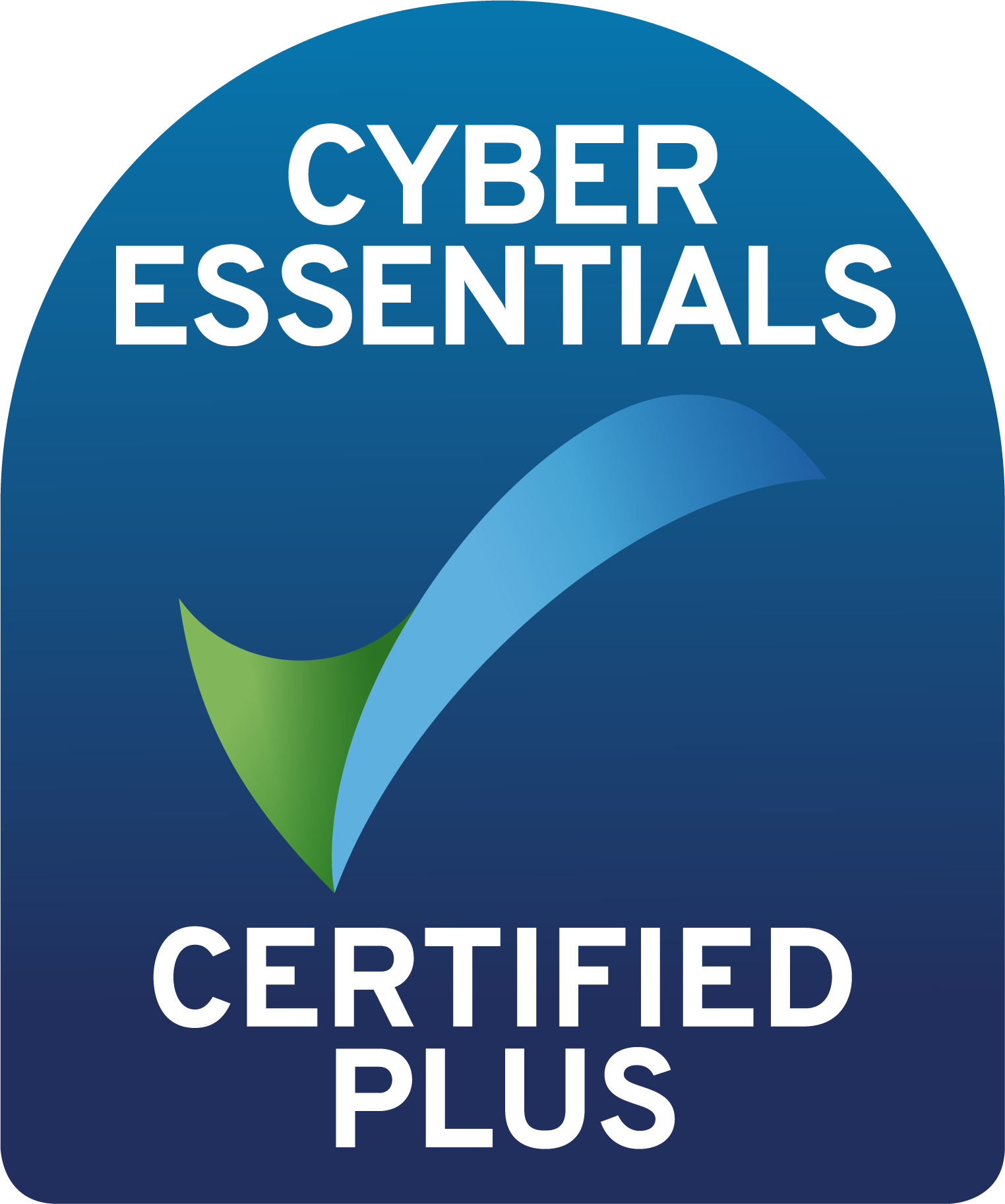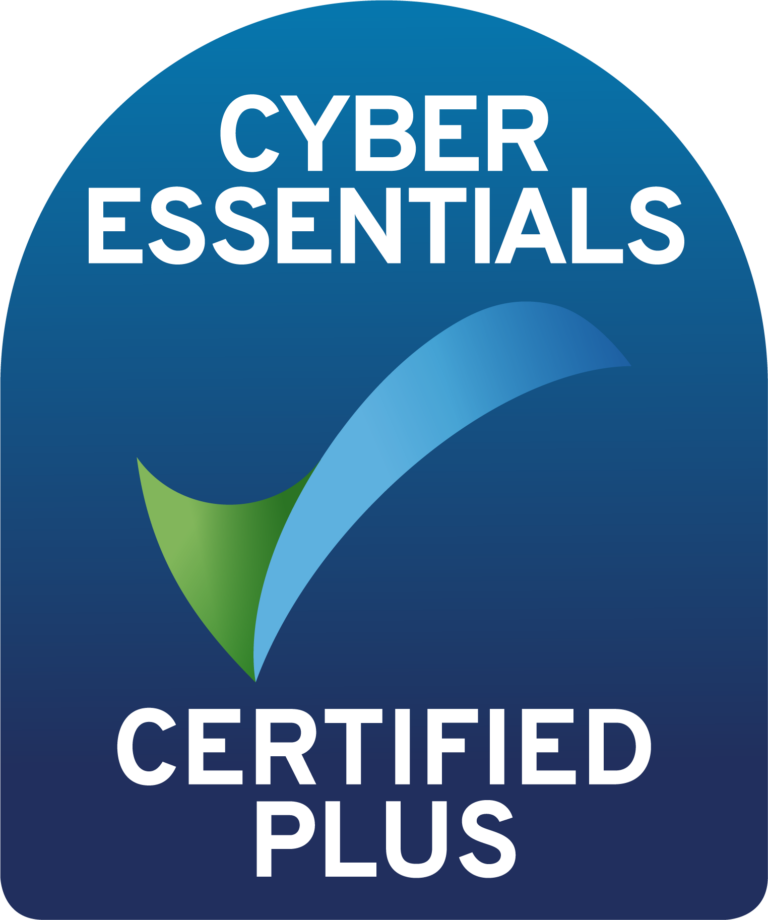Maintaining the security of employee endpoints is an important consideration for any organisation, especially when employees are using public WiFi networks. Public WiFi networks can be vulnerable to a range of security threats, including unencrypted connections, man-in-the-middle attacks, and rogue access points. As such, it is essential that organisations take steps to protect their employees’ endpoints when they are using public WiFi. Here are some tips for keeping employee endpoints safe while using public WiFi:
1. VPNs
One of the most effective ways to protect employee endpoints when using public WiFi is to encourage the use of virtual private networks (VPNs). VPNs encrypt all data transmitted between the endpoint and the VPN server, making it much harder for hackers to intercept or steal data. When selecting a VPN, make sure to choose one that uses strong encryption and has a good track record of security.
2. Encrypted communications
Encrypting all communications between employee endpoints and the organisation’s servers is another important step in protecting against security threats when using public WiFi. This can be done using secure protocols such as HTTPS and SFTP, which encrypt all data transmitted between the endpoint and the server.
3. Strong Passwords
Strong, unique passwords are essential for protecting against cyber threats. Encourage employees to use complex passwords that are difficult for hackers to guess, and consider implementing a password manager to help employees generate and store secure passwords.
4. Two-factor authentication
Two-factor authentication (2FA) is a security measure that requires users to provide an additional form of authentication in addition to their password. This could be a code sent to a mobile phone or a fingerprint scan. Implementing 2FA can greatly increase the security of employee endpoints, especially when using public WiFi.
5. Security software
Installing security software such as antivirus and firewall programs can help to protect employee endpoints against malware and other security threats. Make sure to keep this software up to date and run regular scans to ensure that employee endpoints are protected.
6. Education
Educating employees about the risks of using public WiFi and how to protect themselves is an important step in keeping their endpoints safe. Teach employees to be cautious when using public WiFi, and encourage them to take steps such as using VPNs and encrypted communications to protect their data.
7. Secure WiFi
Use a secure WiFi network: If possible, consider setting up a secure WiFi network for employees to use when working in public places. This could be a mobile hotspot or a dedicated WiFi network set up specifically for employee use. This can help to ensure that employee endpoints are protected from security threats when using public WiFi.
8. Monitor employee activity
Monitor employee activity: Monitoring employee activity can help to identify potential security threats and take action to protect against them. Consider implementing a network monitoring solution to keep track of employee activity and identify any potential security issues.
By following these tips, organisations can help to protect their employees’ endpoints and keep their data safe when using public WiFi. It is important to remember that security threats are constantly evolving, so it is essential to stay up to date on the latest threats and take steps to protect against them.

If you want to implement any of the steps mentioned in this blog, or want to speak cyber security experts on how best to keep employees are your organisation safe, contact us now.








